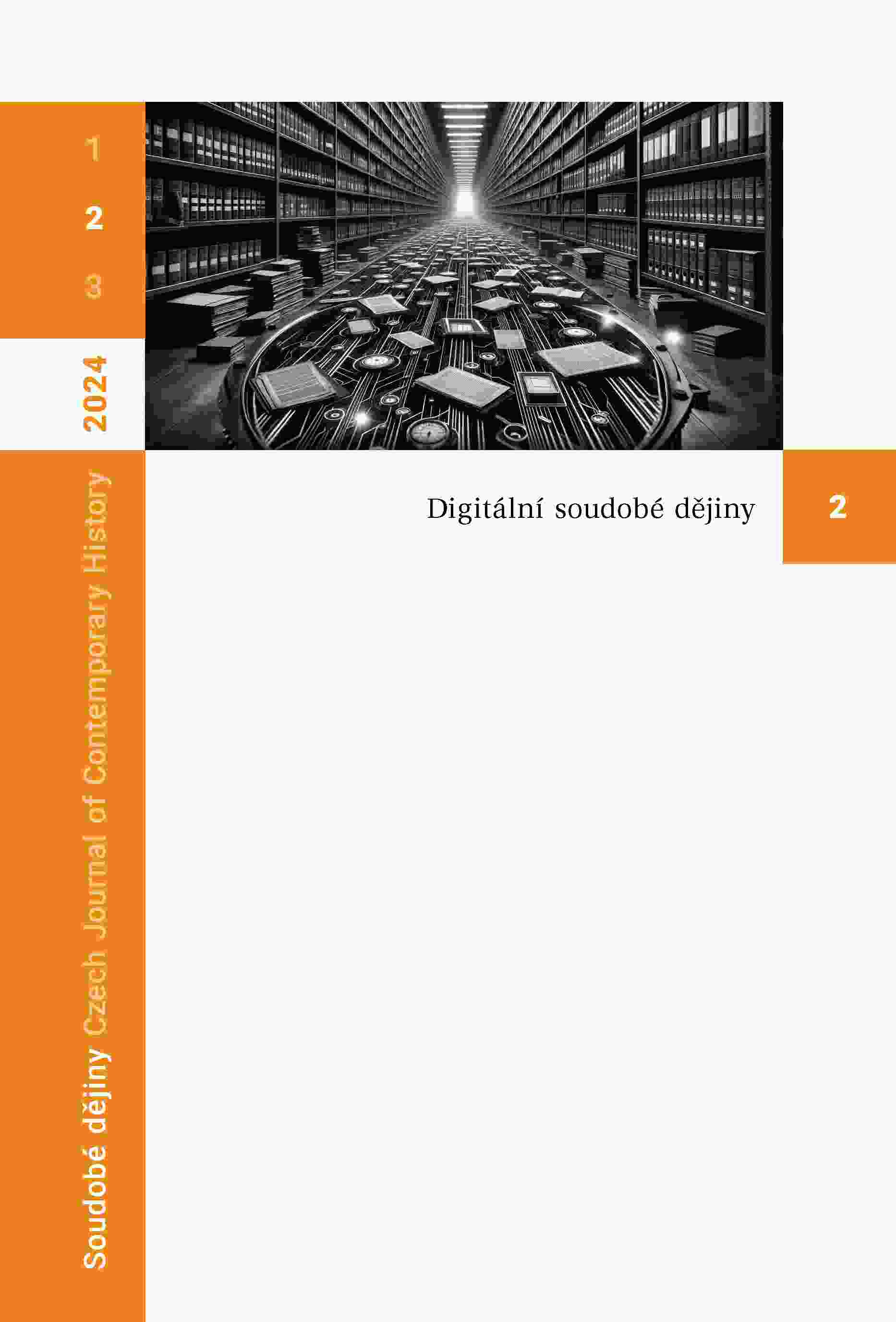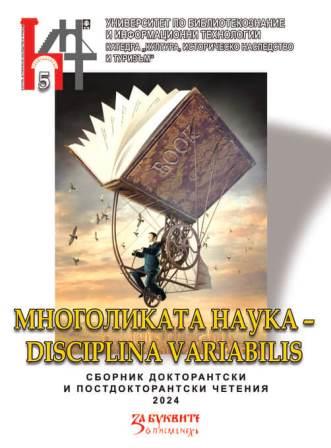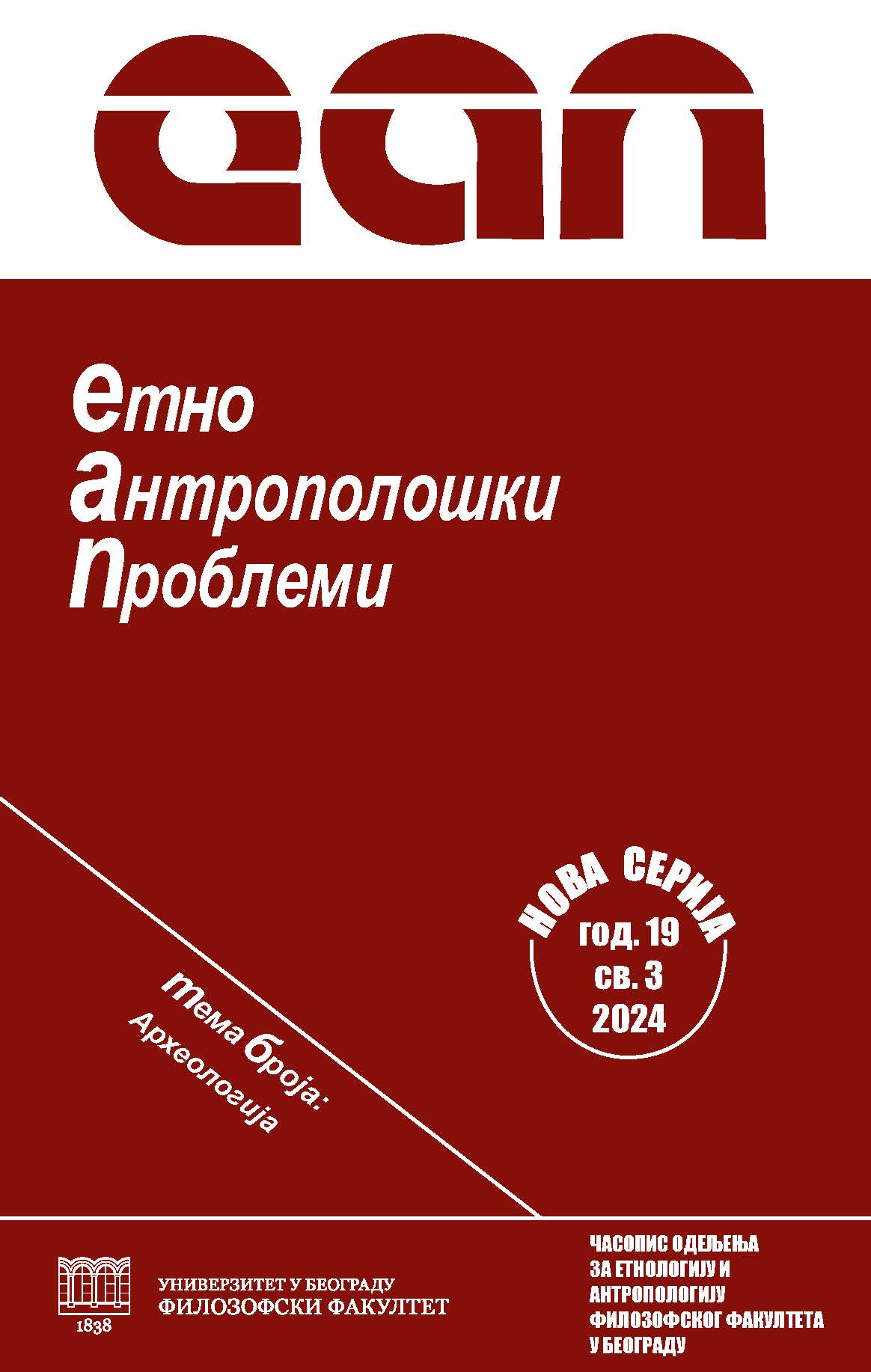
Disent mezi politikou paměti a digitální historií: Ke vzniku online databáze "Bibliografie ekologické a environmentální problematiky v československém samizdatu"
This study focuses on the possibilities and limits of contemporary history research within the transformation of the humanities and social sciences influenced by new information technologies and the digital turn. The authors present the main trends of digitization policy in the Czech Republic in the context of the social debate on coming to terms with the communist past and in the context of professional discussions on the possibilities of the use of bibliographic datasets in the digital humanities. They focus on the role of digitization in the objectification of historical knowledge and its potential use as a tool for new interpretations of historical data, focusing first on the contrast between digitization from below, represented by the social activist digitization of samizdat texts on the initiative of individuals (typically former dissidents) or civic associations, and digitization from above, in the form of the statesponsored and institutionalised digitization of sources of state provenance (mainly materials of the security services of the Czechoslovak communist regime). In the second part of the article, the authors present the newly emerging online database “Bibliography of Ecological and Environmental Issues in Czechoslovak Samizdat” in the context of the current research on Czechoslovak dissent and bibliographic processing of samizdat texts. Using this example, they argue that bibliographies, which are among the traditional tools and aids of historical research, have a great potential for use in digital humanities and thus in digital history, although this potential is still unexploited in contemporary history.
More...

